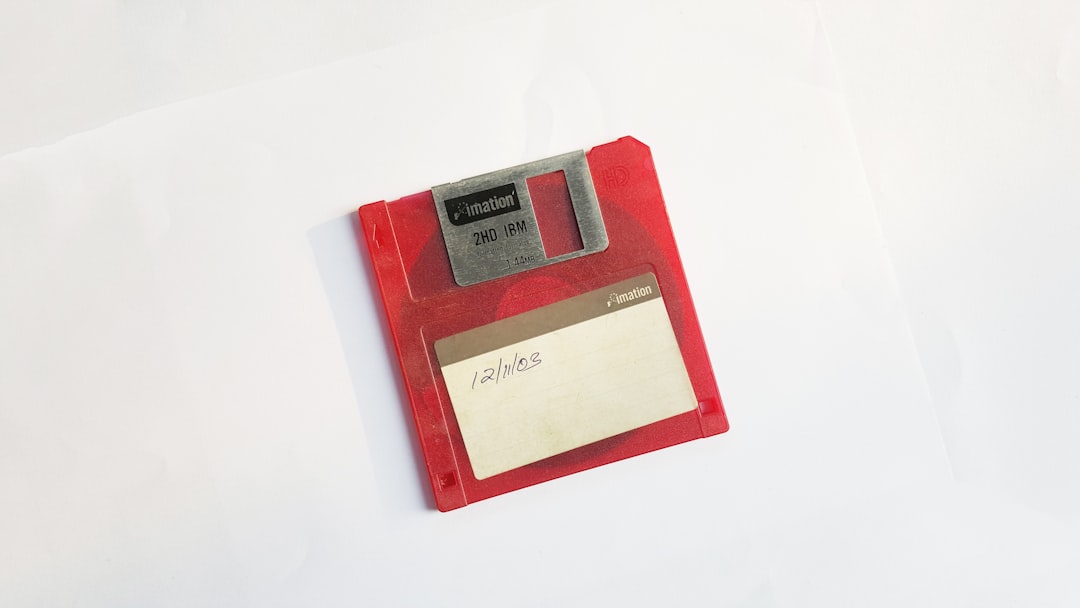#011: What has Remembering Got to do with Worship?
The Fourth Sunday after Pentecost, or the Third Sunday after Trinity (Proper 9)
Readings: Isaiah 66:10-16; Psalm 66:1-8; Galatians 6:6-18; Luke 10:1-20

Before the Bujagali Falls on the River Nile were submerged by a hydropower dam downstream, they were a wonder to behold.
I remember standing in awe as I watched the calm waters from the source just a few miles upstream turn into a raging rapid to set the river on its 6,600-kilometre journey to the Mediterranean Sea. The sheer volume of that water was mystifying. It was so much water that everything in its vicinity cowered to its grandeur.
As I stood there awestruck, I thought to myself, “this water has been flowing like this for so many years, perhaps hundreds of thousands of years, or millions of years, in such crazy volumes, where is it coming from? How is the source not drained yet?”
I started to think about all the waters of Nalubaale (Victoria) from which the river drains, and rivers like Kagyera and Katonga. In my mind, the river carried so much water that it would leave Lake Nalubaale dry in just a few years. It didn’t make sense to me that all this water kept flowing non-stop for years without taking a break. My 20-year-old mind could not process it. Still, my mind cannot process it.
I remember turning to an old gentleman who was standing next to me and saying “God, this can only be God. He faithfully supplies this water in all its immensity every day without fail.” That was the only explanation I could master up.
You see, the reason I zeroed in on God as the answer to my questions at that moment was the very reason the psalmist in the psalm appointed for this morning sang,
Be joyful in God, all you lands; *
sing praises to the honor of his Name; make his praise to be glorious.
Say to God, “How wonderful are your works; (Psalm 66:1-2a, New Coverdale Psalter)
Psalm 66 is a song of jubilation. We are not sure exactly what the psalmist is celebrating but there is an indication that he was celebrating an answered prayer (see vs 18-19). This celebration draws him into praise and adoration—the kind that draws even the onlookers into jubilation. “For all the world shall worship you, sing to you, and praise your Name.” O come and see the works of God, how wonderful he is in his doing toward all people” (v. 3-4)
Verse 5 indicates that this is a psalm of salvation, for the psalmist draws on the marvelous work of God in the redemption of his people, Israel. He reminisces the time that the Lord of Israel turned the sea into dry land so that his chosen people walked through on foot.
Remembering is an important part of worship. In the case of the psalmist, the salvific (saving) work of God on the Red Sea offered not only context but also meaning to his answered prayer. Even for us, God’s mighty deeds help to attach meaning to what he is doing today. Everything God does is a step forward into his salvific vision for us.
Remembering also deepens our faith. Paul in Philippians 1:6 says, “For I am sure of this very thing, that the one who began a good work in you will perfect it until the day of Christ Jesus.” What God has done becomes the assurance that he will do what he has promised. For this psalmist, God’s earlier work also pointed to the timelessness of God’s activity. He who worked in aeons past is working today and will work tomorrow.
It is also important to remember that God’s redemptive plan is at the centre of our Christian life. Our lives are a series of mundane pieces that we mostly ignore. Not many people will listen to birdsong, the sound of wind pressing through the green leaves of a jackfruit tree, or the sound of water as it flows downstream.
The last few months have seen me appreciate the bright and vibrant tropical climate of Uganda. I often go outside to sit under the sun and take in that gift of solar which I missed for a few years. That can be a blessing. If we can focus on the ordinary things around us, we will see God at work not just in those things but also in our lives.
Like with the waterfalls at Bujagali, God is always pointing us to what he is doing through his creation. That way, we can remember that “He rules with his power forever; His eyes keep watch over the nations;” (v 6). He is at work and our worship is helped when we start to see how he works in the ordinary.
Remembering, therefore, keeps us keyed on the Lord. The victories, blessings, and all the good things which come our way are his gifts to us. It is easy to think that we are where we are now because of our strength, intellect, insight, connections, or ingenuity. But when we remember the one who redeemed us and continues to work in our lives, we realise that it is he, not us that deserves our praises.
Just as an ordinary visit to a waterfall can become a worshipful moment, a promotion at work can also be an answered prayer instead of a consequence of a crafty pitch and a good relationship with the boss. Granted a pitch and relationships are good, but on their own, they are nothing until God works through them.
So, remember.
In the name of the Father, the Son, and the Holy Spirit,
Amen.


This was a blessing to read :)
AMEN